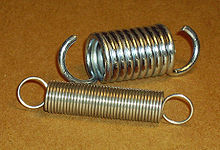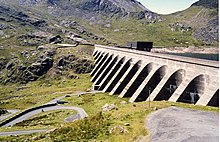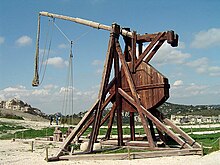Toer conservation of energy
Concept Map
Notes for teachers (optional)
Energy is the basis of human life. Every single aspect of
human experience whether it be in the external world or what we do or
what is done to us can be adequately described either as a transfer
of energy in one form from one place to another or the transformation
of energy from one form to another.
What is the meaning of energy? How does one measure it? What are
the various forms in which energy manifests itself? How is energy
obtained and transformed from one form to the other? How can energy
be conserved? How do the production and utilization of energy in its
various forms affect our environment? What is the source of all
energy? What kind of energy flows and conversions take place in the
environment?
Energy, types of energy-Kinetic and potential
When an object is moved against a force, work is done and energy
is spent in the process. Thus we say “A person must have a lot of
energy to do a hard day’s work”. In fact one way to define
energy is: Energy is the capacity to do work. The word ‘energy’ is derived from the Greek energia'''-en
means '''‘in’''' and ergon''', means '''work.
Energy is defined for an object in a particular state. When work
has been done on an object, its energy changes. At a very basic
level, there are two forms of energy – kinetic energy and potential
energy. For example, a block is lying at rest on a table. It is pushed
and it acquires a uniform velocity. Now the block has acquired some
energy (kinetic energy, as we will define shortly). While the cause
of the change in the state was a force (the push), it has resulted in
the body acquiring a change in energy.

More examples of potemtial energy getting converted to kinetic energy

|

|

|

|
We can see that there are two ways of describing this (and for that matter, any) process. One is to study the cause (the force) and the other is to examine the change in energy.
Biological energy flow
We saw earlier that energy flows constantly through the Earth and its environment. Plants fix the solar radiation into carbohydrates and form the basis of much of the energy flow in the world. Either through the food chain or through the accumulation as fossil fuels, this accounts for the bulk of the energy in the world. We cannot discuss energy without discussing the connection with food and how energy flows through living organisms through food. This flow of energy through living organisms is called a food chain.
Energy flow in an ecosystem
An ecosystem is a community where living and non-living things interact. There are two main processes in an ecosystem – energy flow and nutrient flow. The energy flow in an ecosystem happens through the food chain.
Teaching Outlines
Concept 1 : Energy is ability to do work
Learning Objectives
- Energy is of two forms
- Potential and Kinetic
- Energy can be transferrred from one form to another
- Heat, Light and Sound are some of the ways in which we observe conversion of energy
Activity 1 – Energy is ability to do work-I
Activity 2 – Energy is ability to do work-II
Concept 2 : Conservation of energy
Learning Objectives
- Energy is conserved
- Energy is transformed from one form to another
Activity 3 – Energy conversion
Concept 3 : Sources of energy
Learning Objectives
Activities
Concept 4 : Types of energy (renewable)
Learning Objectives
Activities
Concept 5 : Energy flow in an ecosystem
Learning Objectives
Activity 9 - Energy flow in ecosystem
Additional Information
- http://www.youtube.com/watch?v=S0TurHQp_AE&feature=related
- This review document summarizes the law of conservation of energy very clearly
- http://www.youtube.com/watch?v=f9kJwtayTJ
- http://www.youtube.com/watch?v=8J_z3_3pue0
- http://www.youtube.com/watch?v=sOa7EpJf89I&feature=related
- http://www.youtube.com/watch?v=VJfIbBDR3e8
- http://www.youtube.com/watch?v=f9kJwtayTJI
Assessment Ideas
- Use a mind map for representing ideas
- Make a video of the local environment
Assessment Ideas
Project Ideas